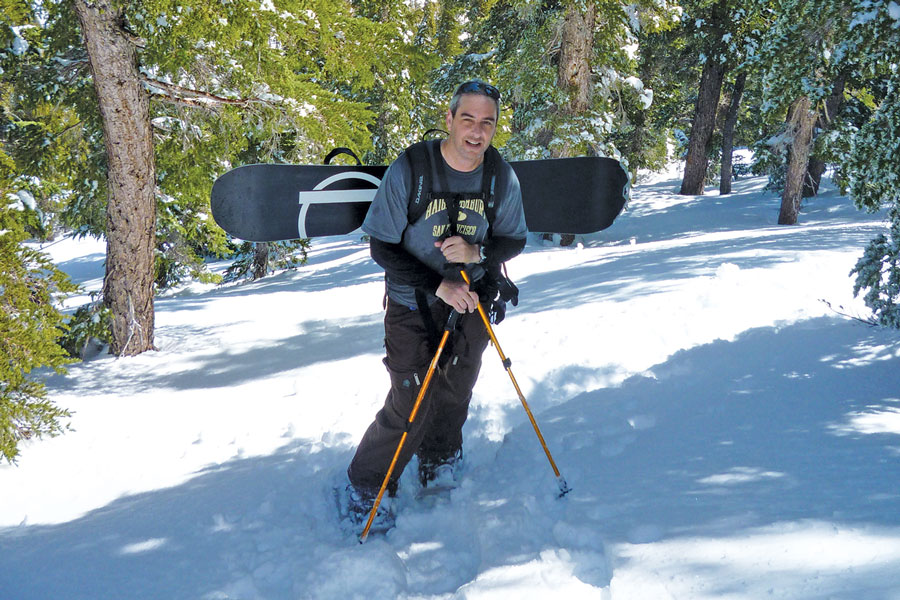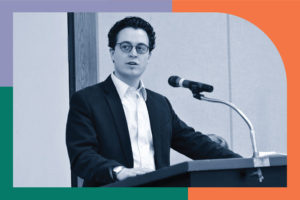Back in 1975 when Keith Bernstein graduated from Schechter Westchester’s eighth-grade class, he had no idea that he would end up managing a cutting-edge software programming department at one of Silicon Valley’s largest technology firms. Although personal computers didn’t exist when Bernstein was young, he credits SW with instilling in him the mindset that shaped his success. “It was not the content of what I learned [at SW] that made me who I am,” says Bernstein, who was in the second class of first graders in the school’s early years. “It was the culture of a school that valued achievement and productivity. I learned to push myself.”
Bernstein tripped upon his love of computers while using them in a psychology doctorate program at Syracuse University. Once he realized that computer engineering was his calling, he embarked on an MBA in Management Information Systems at Syracuse. In the early days of his career, he worked with Steve Jobs at what was then a small — and now legendary — company called NeXT. He went on to work at Sun Microsystems, a subsidiary of Oracle, and many other technology firms. Some of the start-ups Bernstein helped build have flourished; others have folded. Given the rapid pace at which things change in the technology industry, he takes these ups-and-downs in stride.
Bernstein has always been an out-of-the box thinker who is willing to take risks. He’s driven and questioning, and values the determination to innovate above all else. When he hires young software engineers, he looks for these same qualities plus a genuine love of tech, problem-solving skills, the ability to take criticism and collaborate, and some real-world experience. He also notes some parallels between SW and the technology industry: “Silicon Valley startups are like SW in that they function as a family. People form close, cooperative groups on technology teams, allowing them to leverage each other’s ideas. The driving force of Silicon Valley is a desire to change the world and produce products people need and love.”


